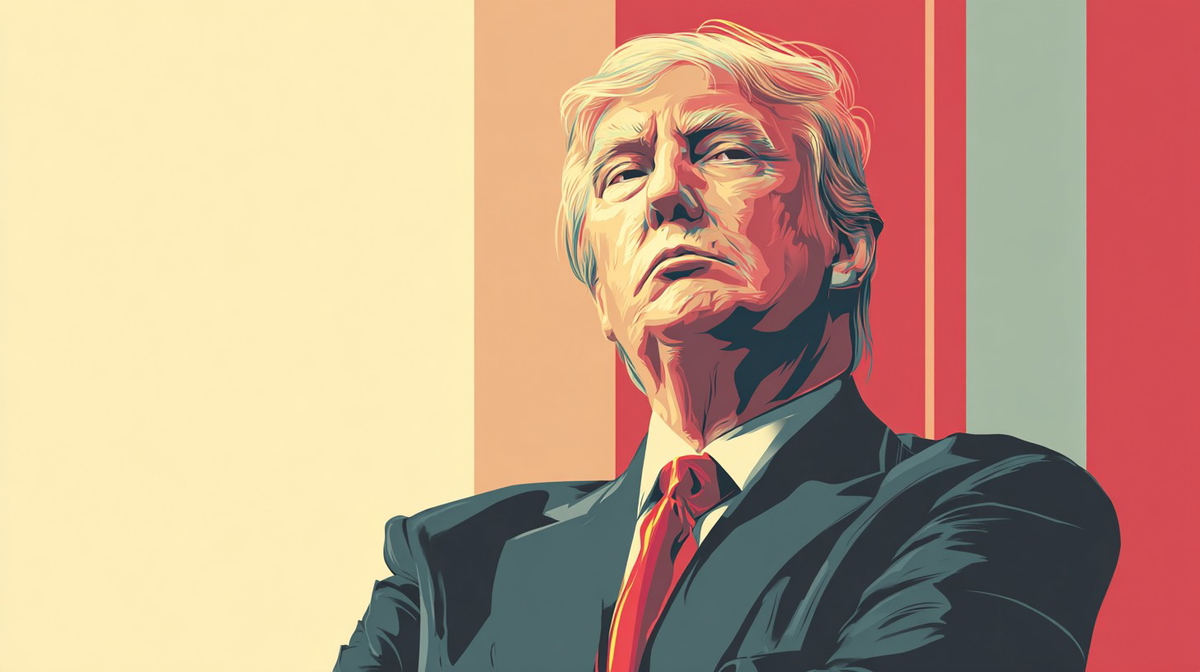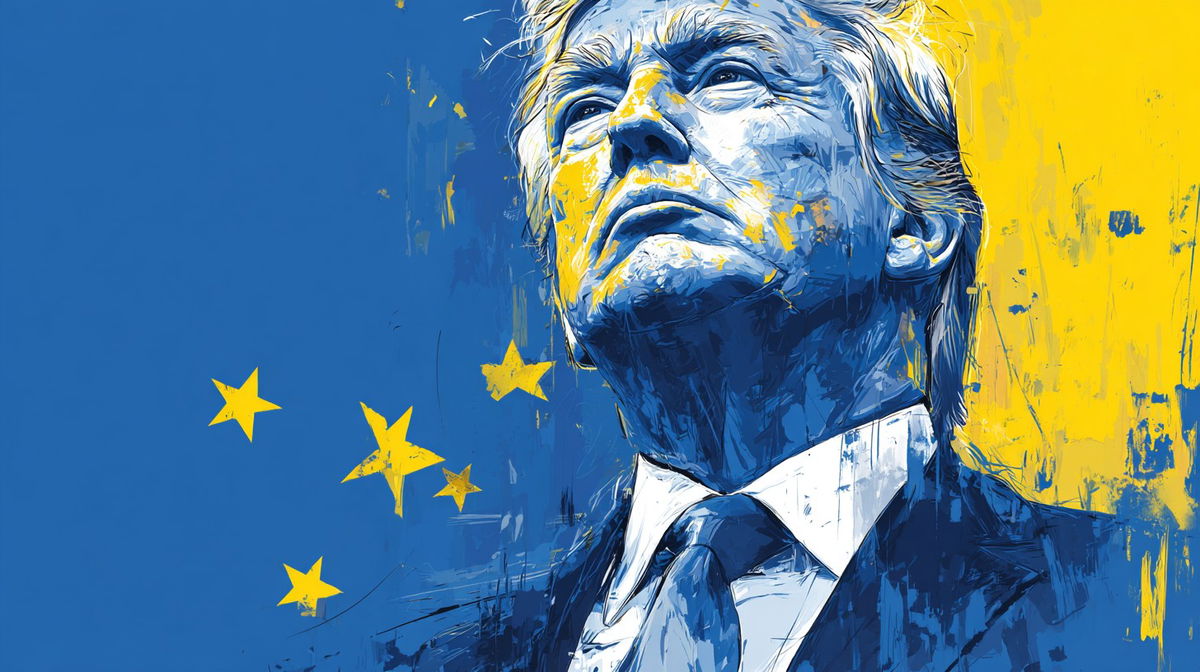
The EU’s Regulatory Retreat on ESG Risks Reigniting Financial Instability
The rush to "simplify" sustainability reporting ignores the lessons of 2008 and imperils Europe's financial system.
Social Europe is an award-winning digital media publisher driven by the core values of freedom, sustainability, and equality. These principles guide our exploration of society’s most pressing challenges. This archive page curates Social Europe articles focused on political issues, offering a rich resource for innovative thinking and informed debate.

The rush to "simplify" sustainability reporting ignores the lessons of 2008 and imperils Europe's financial system.

Europe's leading public intellectual offers a flawed, Eurocentric reading of US politics that obscures more than it reveals.

Joseph E. Stiglitz thinks the rest of the world should plan for the worst and pursue a policy of containment of the US.

The centre-left's defensive crouch has made it look like a guardian of an unfair status quo—radical reformism offers escape.

Europe's leaders, paralysed by fear, are repeating the mistakes of the 1930s—and hastening their own irrelevance.

After 15 years of Fidesz rule, an unlikely challenger threatens Viktor Orbán's grip on Hungary but formidable obstacles remain.

Geoff Mulgan reimagines the state as a lean, agile force that delivers power without the drag of bureaucracy.

Timothy Snyder sees a familiar connection between US domestic repression and escalating foreign aggression.

The year 2025 was marked by the Trump shock: an unprecedented wave of extreme brutality, unapologetic nationalism, and unrestrained extractivism that shook the world as

The US National Security Strategy confirms what Europeans already suspected: they must forge their own continental framework.

The EU has the technology, the workers and the demand—now it needs the political will to turn its railway industry into a climate-policy success story.

Waning US leadership and China's new world order compel Europe to unite or face marginalization.

The Next Generation EU programme, despite sluggish implementation and limited coverage, reveals how industrial policy can drive green transition—if governments act.

Kaja Kallas is not the problem; the EU's dysfunctional institutional architecture is crippling its global influence.

A far-right candidate threatens to dismantle decades of democratic progress in Latin America's most celebrated success story.